
by Liz Bureman |
We all have our pet peeves when it comes to writing. Maybe you hate the Oxford comma. Maybe you loathe the misuse of the ellipsis. As an editor, I’m supposed to have a lot of writing pet peeves, but one of my biggest is the interchanging of e.g. and i.e. I’m here to tell you once and for all that the two are not the same.
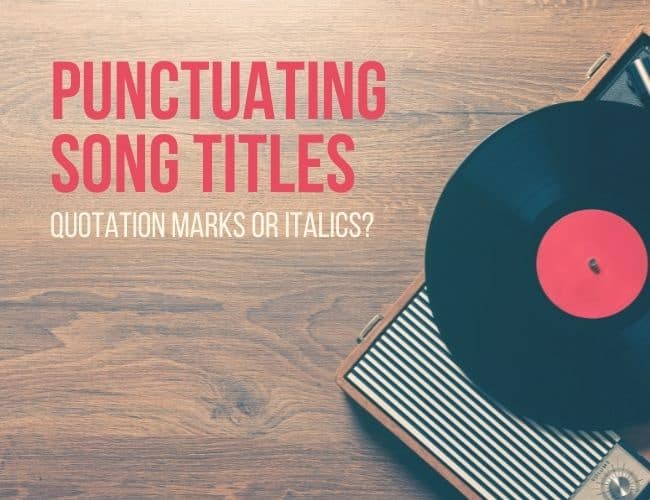
by Liz Bureman |
I love music. I’ve been teaching myself to play guitar, and I can stumble my way through four or five songs without wanting to poke holes in my eardrums, but my main appreciation for music is when other people play it. I’m an avid Spotify user, and I take a lot of pride in my ability to make kickass playlists. One of my girlfriends has even given me the green light to create her hypothetical wedding reception playlist.
Not everyone writes out the titles of their favorite songs or music albums regularly, so it’s no surprise I sometimes hear people ask, “Are song titles italicized?”
The answer is no.
Here’s how it works.
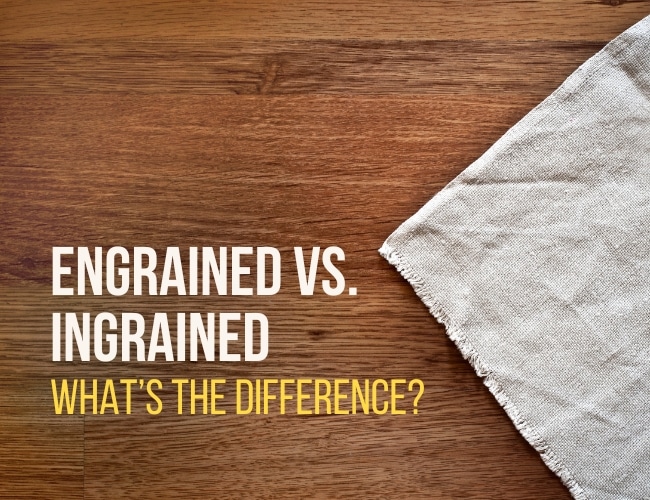
by Robert Harrell |
If you’ve ever typed out a word only to hit delete and try it another way, you’ve likely been worried about making a spelling mistake. Take engrained vs. ingrained, what’s the difference? Is only one correct? Let’s take a look.
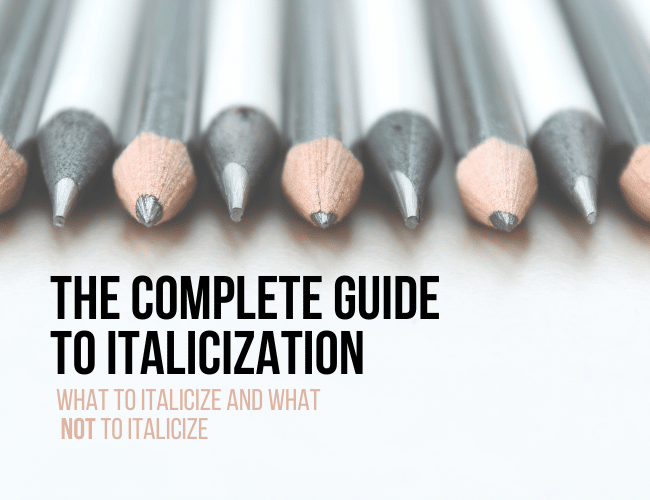
by Liz Bureman and Sue Weems |
Italics are used to distinguish certain text from the rest for emphasis or sometimes contrast. As with all grammar and formatting conventions, italics should be used to make a message clearer to the audience. Let’s look at a complete guide of when to use italics.
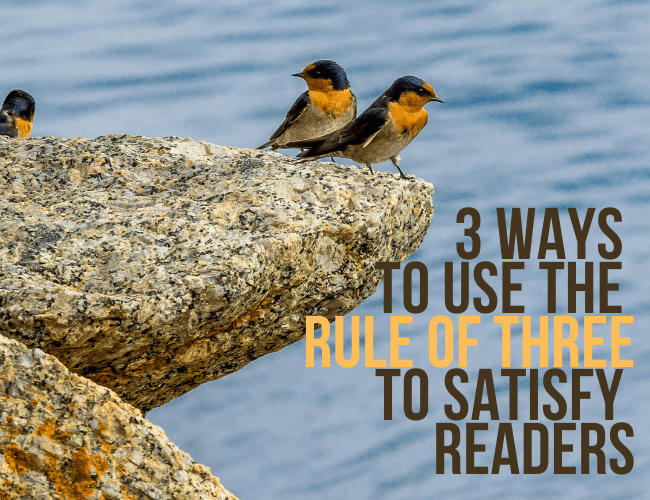
by Joslyn Chase |
As writers, we want to capture our readers’ attention, rivet them to the page, and leave them clamoring for more. We want to create something that moves people, deepens their understanding, and keeps them thinking about our story long after they’ve devoured the last word.
You may have noticed how I used sets of three in my opening paragraph, and if you didn’t consciously register it, your subconscious mind certainly did. Using the Rule of Three in your writing is one way to meet reader expectations and engage reader interest.
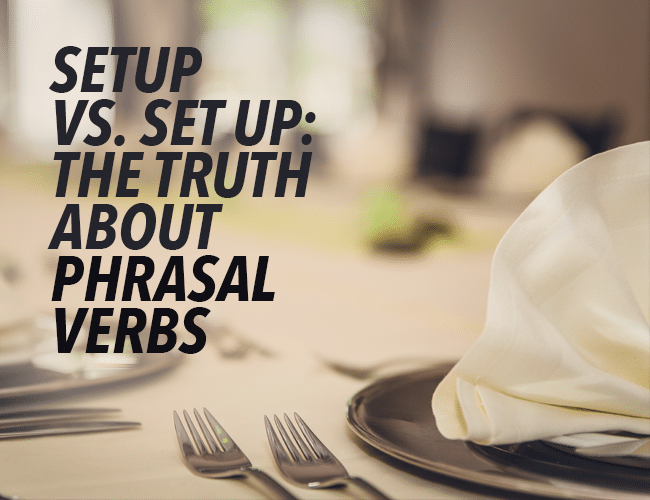
by Alice Sudlow |
Words in English are tricky things. They merge and morph, even little changes adding layers of new meaning. Don’t believe me? Here’s an area I see lots of people getting tripped up: setup vs. set up. Is it one word or two? And does it even matter?
Actually, it’s both, and yes, it does matter. Let’s take a look at why, shall we?








